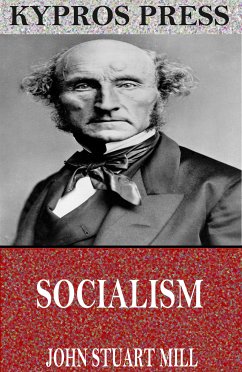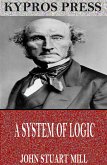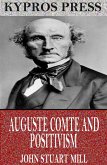John Stuart Mill was a prominent English philosopher and political economist in the 19th century. Mill is considered to be one of the most influential liberal thinkers in history and he was a significant contributor to many fields such as social theory, political theory, and political economy. Mill is also notable for being the first Member of Parliament to argue in favor of women's suffrage.
This is a long essay in which Mill discusses the beliefs of prominent socialists of his day and argues that socialism can only work in well-educated countries. This edition includes a table of contents.
Dieser Download kann aus rechtlichen Gründen nur mit Rechnungsadresse in A, B, BG, CY, CZ, D, DK, EW, E, FIN, F, GR, H, IRL, I, LT, L, LR, M, NL, PL, P, R, S, SLO, SK ausgeliefert werden.









